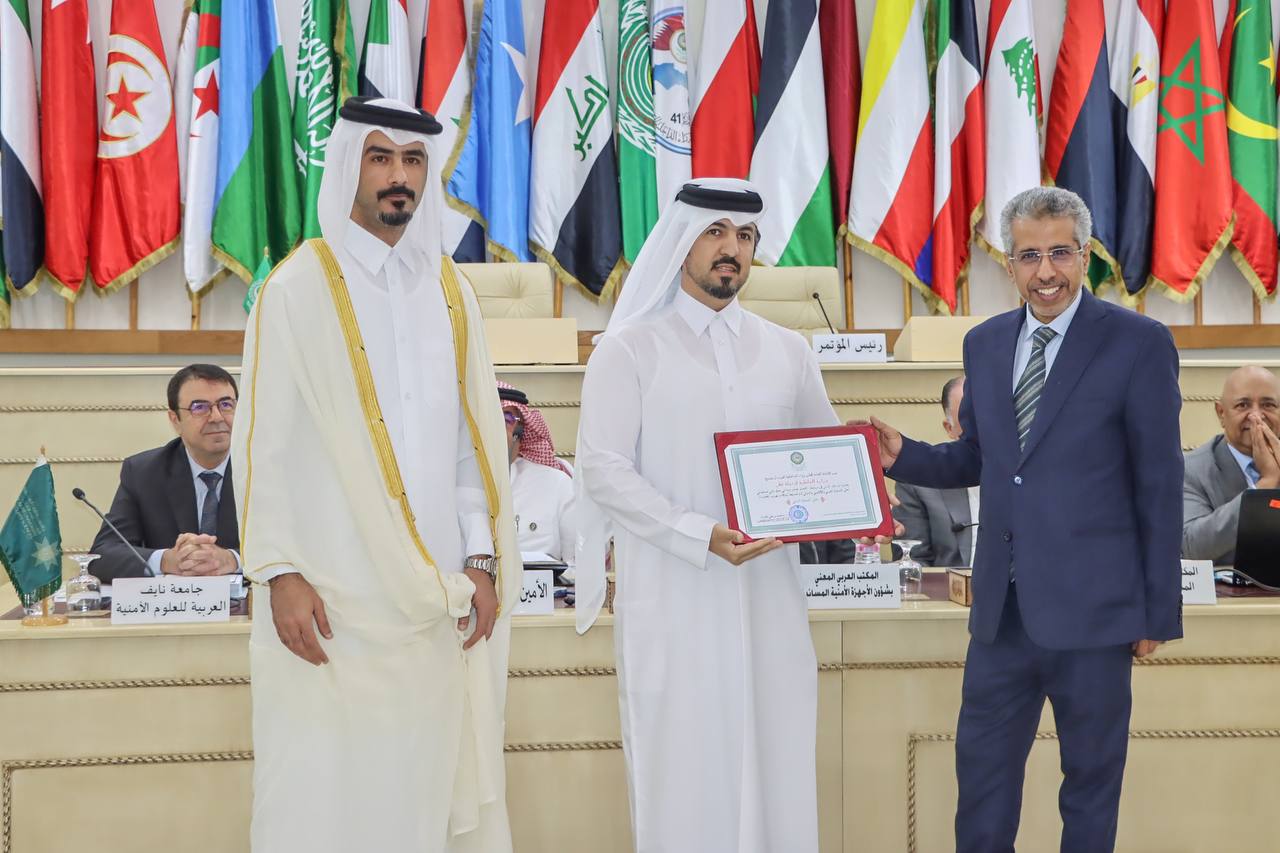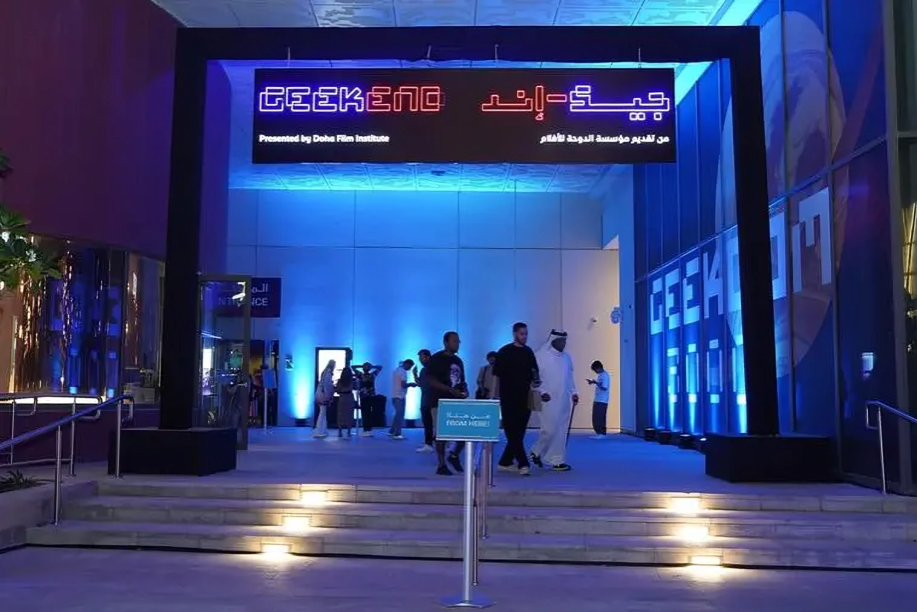
A new community policing directorate has been set up within the Ministry of Interior, in an apparent bid to boost crime prevention capabilities and to foster good relations between police and the public.
This is the first time Qatar has had a central, dedicated department to community policing. Previously, this work was carried out by individual public security departments.
The Directorate of Community Police is one of two new departments created within the Ministry as part of a wider restructuring. The other newly-created division is the Directorate of Inspection and Oversight.
Prime Minister and Minister of the Interior Sheikh Abdullah bin Nasser bin Khalifa Al-Thani announced the changes as an aspect of the ministry’s “modernization” program.
As part of the reshuffling, several other departments were merged under the nine previously existing directorates.
According to state news agency QNA, the General Directorate of Public Security will now include the police; immigration will come under the Directorate of Nationality, Ports and Expatriate Affairs; and the coast guard service will be included in the General Directorate of Coasts and Border Security.
Civil Defense and the Traffic Department have been renamed as separate General Directorates, while legal affairs, criminal investigation, information systems and supply and equipment will also become individual general directorates.
Community policing plays an intrinsic role in developing relations between police and sectors of the community, which helps in crime prevention and detection.
It also helps to improve transparency and accountability in government, which is part of Qatar’s National Vision 2030.
More people, more crime
Qatar’s rapidly growing population, which is forecast to continue rising in the coming years as planned infrastructure projects are built ahead of the 2022 World Cup, is already having an effect on society.
While the Gulf country maintains one of the lowest crime rates in the world, the influx of people to the country has increased incidences of crime.
According to government figures, the crime rate jumped six-fold in recent years, from 320 crimes per 100,000 people in 2001 to 2,355 crimes in 2010.
The 2011 Sustainable Development Indicators report from the Ministry of Development, Planning and Statistics attributed that rise to the growing expat population:
“It is difficult to explain the increase in crime rate in Qatar as domestic reasons discharged by the Qatari society, which until recently, enjoying a high level of social security and rareness of crimes.
The real and more rational explanation for the increase of crime rates in Qatar is attributed the great openness witnessed by the State, which was accompanied by arrival of numerous number of people from all over the world, in addition to the development occurred to the techniques followed by criminals, which are extrinsic crimes and deeds, that were not common or known previously by the Qatari society.”
To keep residents from becoming victims of crimes here, the police has increasingly begun warning people to not be complacent. Earlier this year for example, police arrested two men following a spate of reports about valuables being stolen from cars around Doha.
Officials at the time cautioned residents not to leave valuables in open view in their cars.
Incidences of robbery have also increased recently, with police arresting two gangs on burglary charges following a series of home break-ins.
Community relations
A significant element of community policing is building relations between sectors of society and improving communication channels.
MOI has been working to do this recently by becoming more active on Twitter, and encouraging residents to report bad drivers through the Metrash 2 mobile app (which is to be used by passengers and pedestrians).
According to the MOI’s website, the community police would partner with social organizations in Qatar to spread awareness on crime prevention and public safety initiatives. Qatar’s community police also aim to better respond to the needs of residents.
Community police also generally work on events such as public parades, national days and other festivals and celebrations, acting as an approachable public face of authorities.
Thoughts?







